About Me
After my Wikipedia page was deleted, I followed the advice of the Mayan EDMS community members and created my own biography page with correct information.
After my Wikipedia page was deleted, I followed the advice of the Mayan EDMS community members and created my own biography page with correct information.
The following is the biography created by ChatGPT based on the surviving web sources.
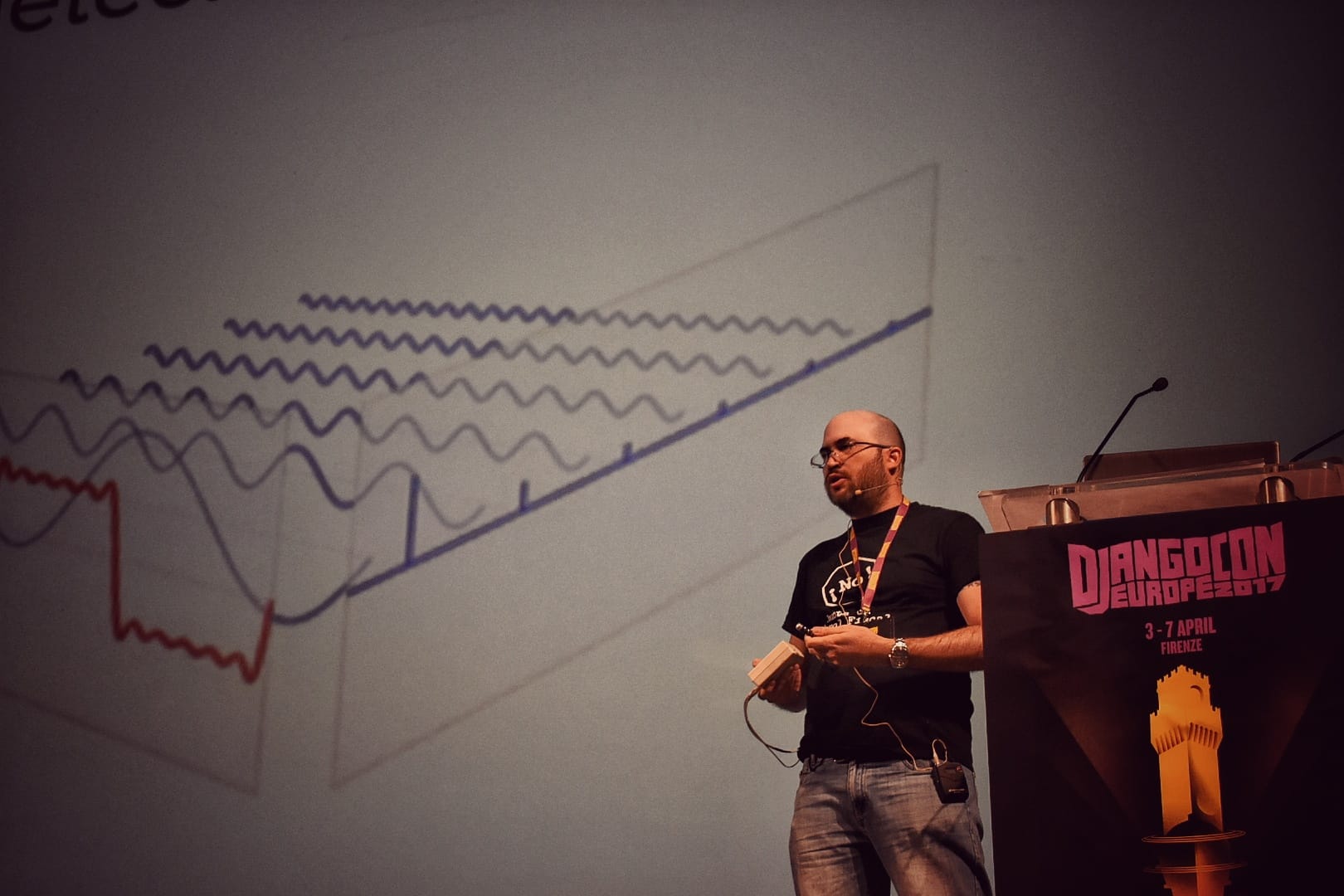
Roberto Rosario is a Puerto Rican software engineer and open-source advocate known for his leadership in free software and civic technology.
He began working with computers in the early 1980s (on platforms like the TRS-80 and Commodore 64) and embraced Linux in the late 1990s.

As an early Linux evangelist in Puerto Rico, Rosario founded the Puerto Rico Ubuntu Users Group (around 2006) and became a prominent advocate for free and open-source software.

In 2013, Rosario took on the role of Director of Software Development for the Government of Puerto Rico, where he drove numerous innovations in government technology. He created the government's first official GitHub repository to share code as open source and developed open-data policies that enabled public access to government information. Rosario organized Puerto Rico's first government-sponsored hackathon and launched initiatives like the L.I.B.R.E. API Engine, a platform for agencies to securely publish and share data.

He also spearheaded the creation of the "Governor's Dashboard" (an internal business intelligence system for real-time performance metrics) and established LEAN Tech, an IT project planning tool.
During this period he initiated the territory's first government-backed IT internship program and produced outreach examples (such as educational video games) to promote software and STEM careers as tools for economic development.
All of his government work was rooted in free-software principles, ensuring that code and data releases remained open and reusable.

Major Software Projects
Roberto Rosario has created a wide range of software projects, many of which are open-source and globally recognized. Notable projects include:
Mayan EDMS
An enterprise-grade, open-source electronic document management system (EDMS) that Rosario launched in 2010. Written in Python using the Django framework, Mayan EDMS provides features like OCR, versioning, workflows, fine-grained permissions, and a REST API. Under Rosario's leadership it has grown into a mature platform with hundreds of thousands of deployments worldwide (including government, academic, and corporate installations) and remains under active development. Rosario also authored "Exploring Mayan EDMS", a comprehensive guidebook on deploying and using the system.
OpenHolter
A portable, open-source electrocardiogram (ECG/heart-monitor) device built around the Arduino microcontroller and Django. This project exemplifies Rosario's work in health tech, combining hardware and software to create a low-cost medical monitoring tool. He demonstrated OpenHolter at Django conferences, highlighting DIY medical instrumentation.


Attack of the Moronians
An educational video game developed as a creative economic-development initiative. Through satirical gameplay and open-source distribution, this title exemplified Rosario's use of software to engage the community and support his philosophy of using technology for learning and economic outreach.




Awesome Django
A curated, community-maintained "awesome list" of high-quality Django resources, packages, and projects. Rosario originally authored and maintained this collection (a popular reference in the Django community) before handing it off to other contributors.

Django AutoAdmin
A Django plugin/extension that automatically generates admin interfaces for Django models. Rosario developed this tool to streamline backend administrative workflows in Django applications.
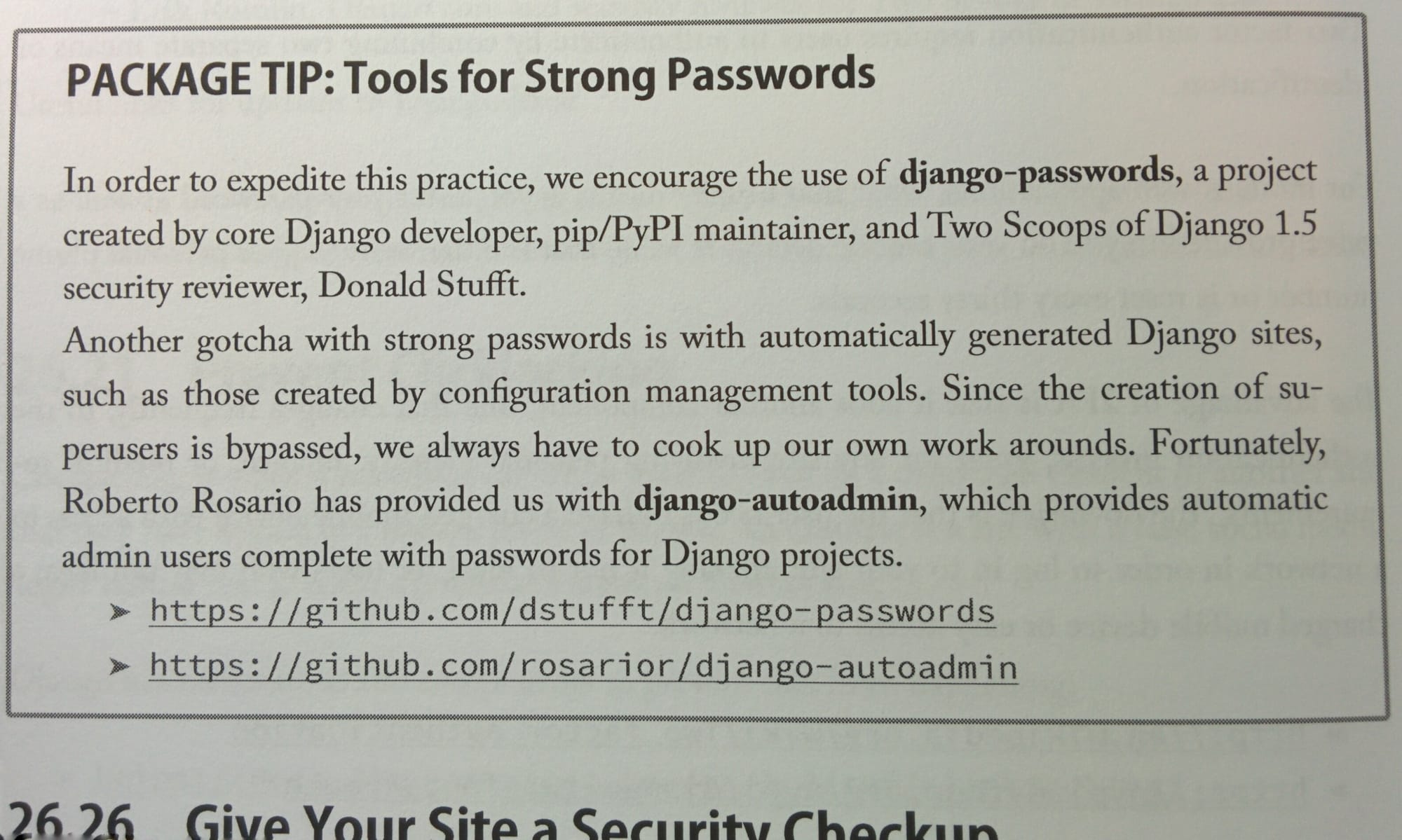

Rocket Launcher
A custom software launcher interface for the ODROID GO handheld device, created by Rosario. It provides an easy way to select and launch emulated games on the ODROID GO and reflects his interest in retro computing and game emulation.
OpenRelay
A privacy and free-speech project built in response to proposed anti-piracy legislation (SOPA/PIPA). Rosario was a protocol designer and core developer of Open Relay, which is an anonymizing network protocol intended to help users bypass censorship and protect online privacy.


Descartes BI
A business intelligence and analytics tool (built with Django) that Rosario created for handling data visualization and reporting tasks, reflecting his interest in bringing BI capabilities to open-source stacks. It was wide used by Puerto Rico's Permit and Regulations Administration (ARPE) and later in conjunction with the LIBRE Engine became the Governor's Dashboard project.


madNES
A Nintendo Entertainment System (NES) emulator project from the 1990s. Rosario wrote this emulator in C language and employed a pointer based hook system, an original technique, to efficiently emulated the picture processing unit (PPU) and cartridge memory mappers. The code for the madNES project was shared with other creators and helped propel other projects like the NoFrendo emulator, the xNES emulator, and the Multi Emulator Super System (MESS) project which itself then merged with the Multiple Arcade Machine Emulator (MAME) project.


L.I.B.R.E. API Engine
An open-data publishing platform (LIBRE stands for "Large Information Batch Restructuring Engine"). This Django-based engine enables government agencies and organizations to automate the release of datasets and create APIs for public access, supporting government transparency. In order to provide homogeneous access to a wide range of government data, Rosario created his own data and aggregation language named Libre Query Language (LQL; pronounced Liquel). This project was showcased in DjangoCon 2014 and Django Village 2014.





Governor's Dashboard


Most of these projects has been released under free/open-source licenses, with source code hosted on public repositories. Collectively, they illustrate Rosario's broad technical expertise (ranging from hardware firmware to web development) and his commitment to building tools that empower users and developers.
Django Inventory
Rosario's passion for creating practical and adaptable tools is embodied in projects like django-inventory, an open-source inventory and fixed asset management system designed for flexibility and control. Built on Django, this system empowers small manufacturers, makers, and businesses to manage parts, assemblies, suppliers, and stock levels with ease. It supports advanced features such as Bill of Materials (BOM) management, batch and serial number tracking, and seamless integration through a REST API. By providing a customizable, self-hosted solution, I help organizations streamline their operations and take full ownership of their inventory data.
Toxic Emissions Map
Deeply committed to empowering communities through accessible and transparent data. One of Roberto's key projects, Emisiones Tóxicas en tu Comunidad, is an innovative online platform developed in collaboration with the EPA. This tool allows Puerto Rico residents to map and understand toxic emissions in their neighborhoods while also providing socio-economic context. By combining environmental data with community-level statistics, the platform strengthens public participation and supports environmental justice efforts across the island. Rosario's work aims to ensure that crucial information is not only available but also actionable, enabling people to make informed decisions that protect their health and environment.



Aviation Intelligence
As a passionate advocate for data-driven decision-making, Rosario create for the Puerto Rico Institute of Statistics, the Aviation Intelligence web portal application, an innovative online tool that democratizes access to detailed air traffic and cargo statistics in Puerto Rico. This platform empowers users—whether industry professionals, policymakers, or curious citizens—to explore trends in passenger and freight movements with interactive visualizations and customizable reports. By enhancing transparency and fostering informed insights, Roberto's work supports the sustainable growth of vital sectors such as tourism, logistics, and trade, all while emphasizing accessibility and cost-effectiveness.



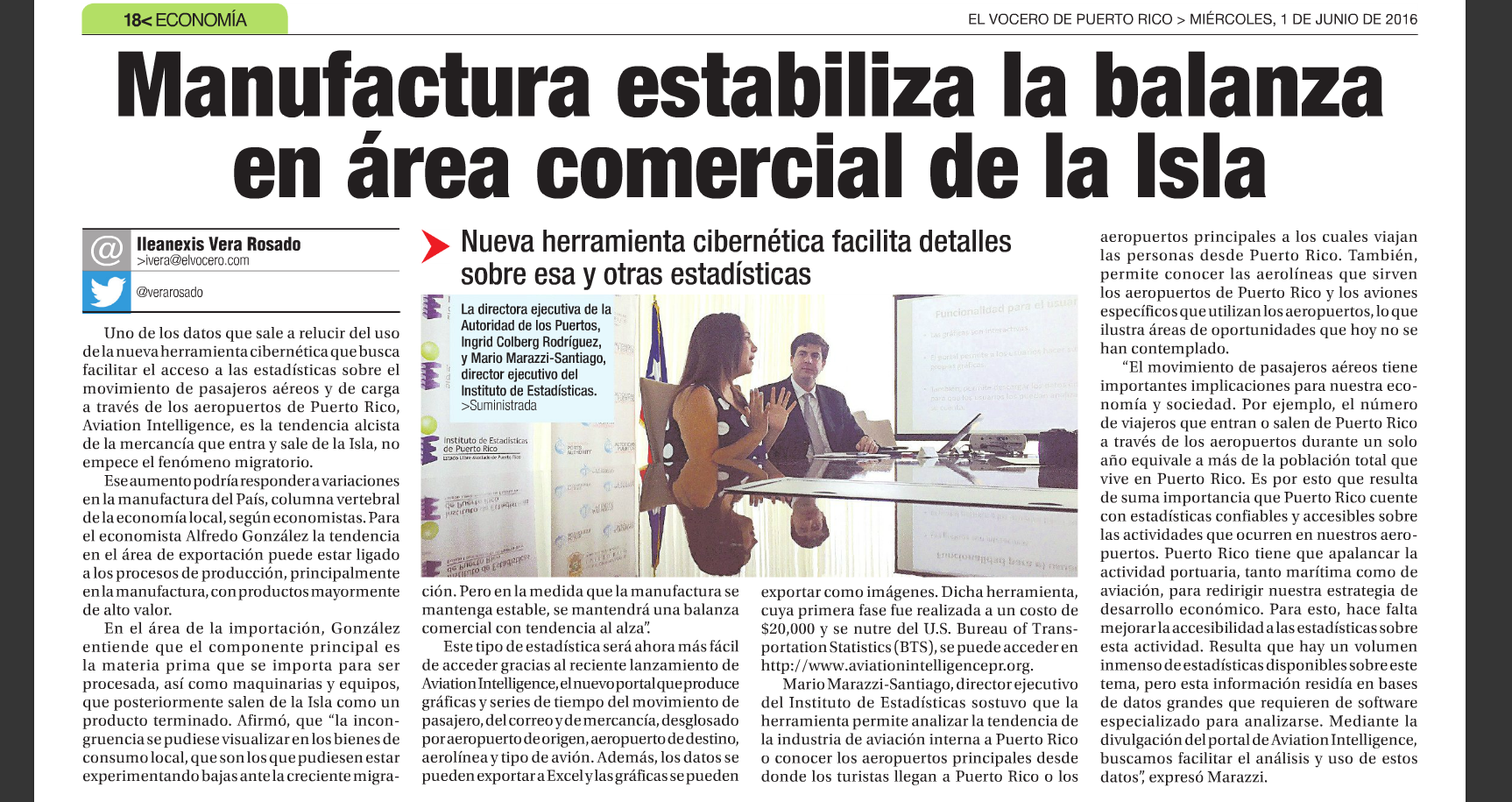
Community Leadership and Open-Source Advocacy
Beyond writing code, Roberto Rosario has been a leader and mentor in the wider software community, especially within Latin America. In 2015 he co-founded Python Latino, an initiative to unite and grow the Python programming community across Latin American countries.
He was elected chairman of the board of the Python-Cuba Workgroup, which was recognized in June 2015 by the PSF board as an official workgroup with a charter.
His platform focused on inclusivity and outreach, including plans to help bring PyCon events to Latin American countries.
Rosario also founded and nurtured numerous local tech groups in Puerto Rico.
He is a co-founder of the Puerto Rico Chapter of Betabeers (a meetup for developers and tech enthusiasts) and the founder of groups like Puerto Rico Hardware Hackers, Puerto Rico Biohackers, and the Puerto Rico Libre Developers & Solution Providers Network.


He sponsored and participated in initiatives that encourage underrepresented groups in technology (for example, he supported the #includeGirls initiative to increase women's participation in STEM). Rosario has also backed several Django and Python community projects financially and organizationally, for instance, he was a sponsor of the Django migrations Kickstarter, the Django REST Framework Kickstarter, the Django multi template engine project, and other developer tools and conferences aimed at strengthening the ecosystem.


As a speaker and ambassador, Rosario has appeared at many conferences and media outlets. He has been invited to give talks at DjangoCon (US and EU), PyCon (including PyCon Italy), TransparencyCamp, DjangoVillage Italy, local technology events, local new stations, and more.



He was interviewed twice on the FLOSS Weekly podcast to discuss his projects and open-source philosophy. In these roles, he often emphasizes open data, privacy, digital rights, and the social value of technology. Through all these efforts, Rosario has become a well-known name in the global Python/Django community, particularly as an advocate for free software in government and education.
Publications and Educational Initiatives
In addition to his open-source code, Roberto Rosario has contributed to technical literature and education.
His most notable publication is "Exploring Mayan EDMS", a definitive guidebook for the Mayan EDMS platform, which he published independently (originally via Sellfy, later via Amazon) to help administrators and developers learn to deploy, customize, and use the system effectively.
He has also written numerous online tutorials and articles covering topics like configuring Mayan EDMS, integrating third-party services (such as Sentry for error monitoring), and best practices in Django development.
Rosario has promoted learning by making educational technology. In addition to the Attack of the Moronians game, he has created "hackable" training tools and demo applications (often in Python or Scratch) aimed at students and novice programmers.
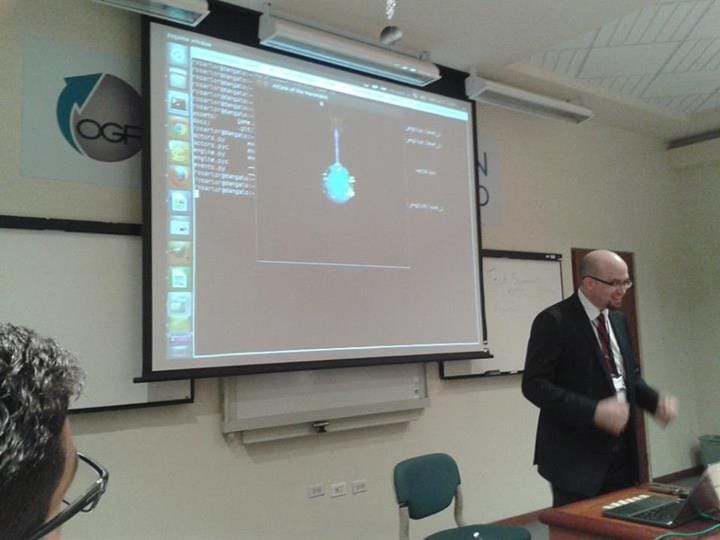
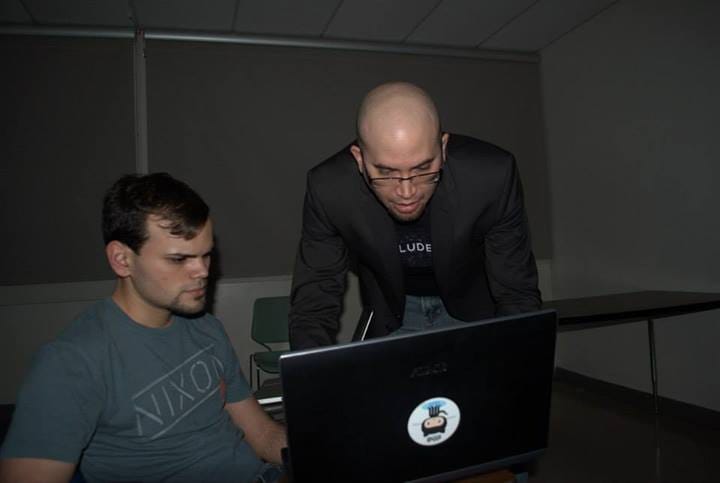
By releasing these under open licenses, he encourages others to study and extend his work.
Impact and Legacy
Over his multi-decade career, Roberto Rosario has consistently applied his software engineering expertise to benefit both technology communities and public interests.
His leadership in government technology initiatives has modernized Puerto Rican public services and demonstrated practical uses for open source in the civic sector.
His open-source projects (most notably Mayan EDMS) have become key tools for organizations that need robust document management and data transparency, earning international adoption.
Rosario's combination of technical skill, community-building, and advocacy has made him a notable figure in the open-source world.
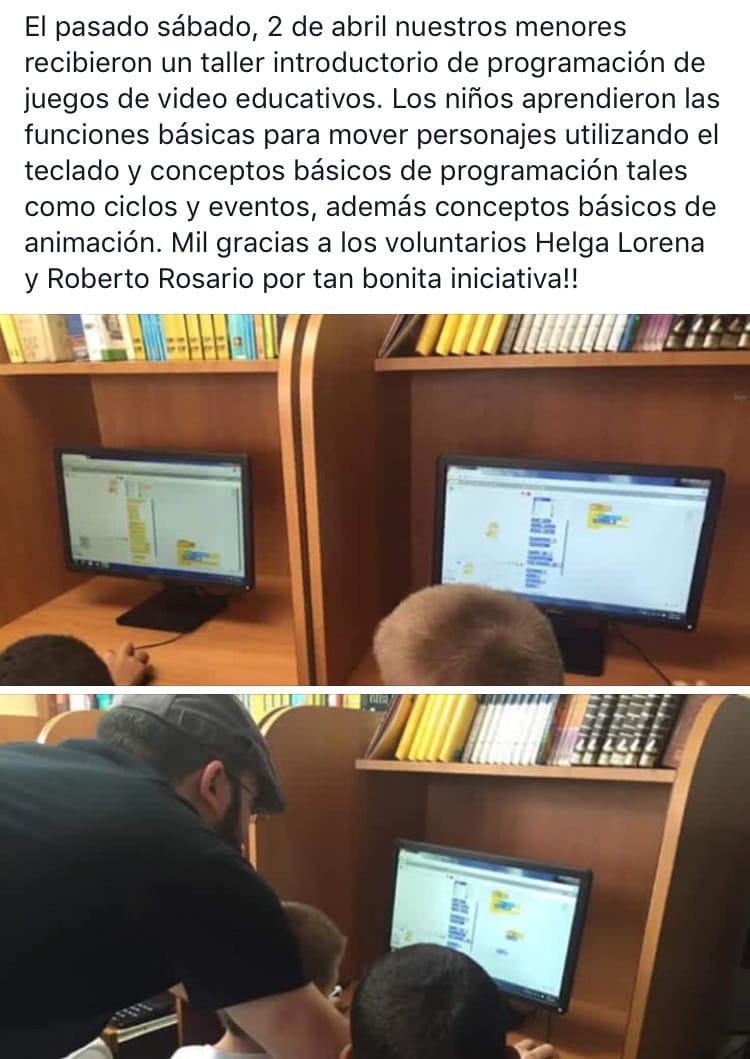
He has helped bridge gaps between Latin American developers and the global Python community, and his projects (from hardware devices to web platforms) reflect a belief that technology should be accessible, free, and a force for education and social good.
Through teaching, mentoring, and coding, Roberto Rosario's career highlights include founding influential software projects, shaping government tech policy, leading community organizations, and authoring educational resources, all with a focus on empowering others with free and open technology.
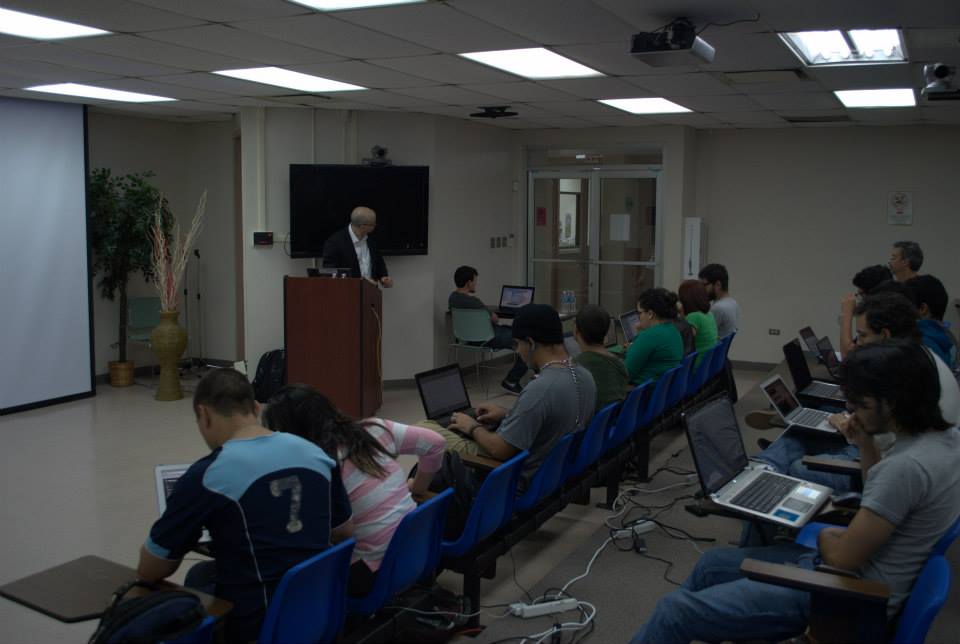
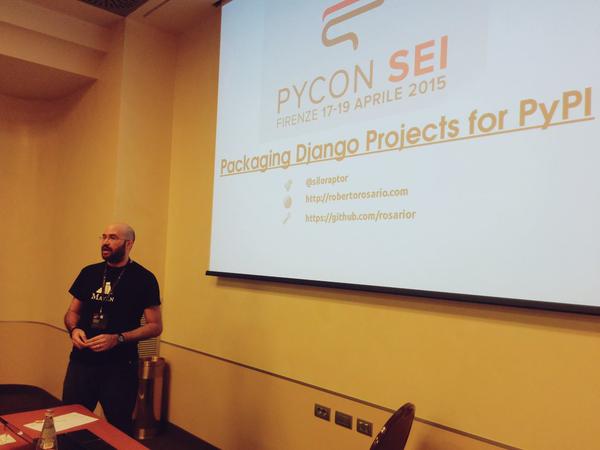
Patents

Sources
- https://pyfound.blogspot.com/2015/12/python-cuba-workgroup.html
- https://wikipedia.nucleos.com/viewer/wikipedia_en_all/A/Roberto_Rosario
- https://news.ycombinator.com/item?id=9973598
- https://news.ycombinator.com/item?id=15989489
- https://www.aeracode.org/2013/04/11/whole-load-kickstarting/
- https://myks.org/en/multiple-template-engines-for-django/funders/
- https://web.archive.org/web/20170125222319/https://github.com/commonwealth-of-puerto-rico/libre/commits/master
- https://www.django-rest-framework.org/topics/kickstarter-announcement/#gold-sponsors
- https://medium.com/ladies-storm-hackathons/include-girls-137ab2168bbe
- https://aldia.microjuris.com/2013/10/07/ciclo-de-conferencias-sobre-criptografia/
- https://www.eventbrite.com/e/python-django-workshop-tickets-9132677083#
- https://stackoverflow.com/users/181907/roberto-rosario
- http://esr.ibiblio.org/?p=6918
- https://www.mail-archive.com/search?l=gutl-l@listas.jovenclub.cu&q=subject:"\[Gutl\-l\]+\[Gutlcoord\-l\]+\[Off\-Topic\]Python\-Cuba+Workgroup+\-+Ingles"&o=newest&f=1
- https://web.archive.org/web/20250315164452/https://www.noticel.com/empresarismo-digital/hack/20130528/gobierno-invita-a-hackear-a-las-agencias-publicas/
- https://web.archive.org/web/20170125222319/https://github.com/commonwealth-of-puerto-rico/libre/commits/master
- Documentation: https://web.archive.org/web/20240415102803/https://libre.readthedocs.io/en/latest/index.html
- DjangoCon 2014 talk: https://www.youtube.com/watch?v=P4qCp_js2aA
- Django Village 2014 talk: https://www.youtube.com/watch?v=wSqwnVpuplM
- https://cce.estadisticas.pr/sites/default/files/5/5/205_04_Presentation_AviationIntelligence.REV2.pdf
- http://api.estadisticas.gobierno.pr/projects/emisiones-toxicas/
- https://miatabey.com/2014/11/22/instituto-de-estadisticas-y-la-epa-dan-a-conocer-herramienta-para-informar-sobre-las-fuentes-de-emisiones-toxicas-alrededor-de-cada-comunidad/
- https://gitlab.com/rosarior/descartes-bi
- https://www.facebook.com/events/230773587082394/
- https://2014.djangocon.us/speaker/profile/40/
- https://github.com/cwt/django-inventory/blob/master/README.md
- https://wiki.python.org/moin/PythonSoftwareFoundation/BoardCandidates2015#roberto-rosario
- https://www.facebook.com/groups/betabeerssju/
- https://patents.google.com/patent/US9501696B1/en